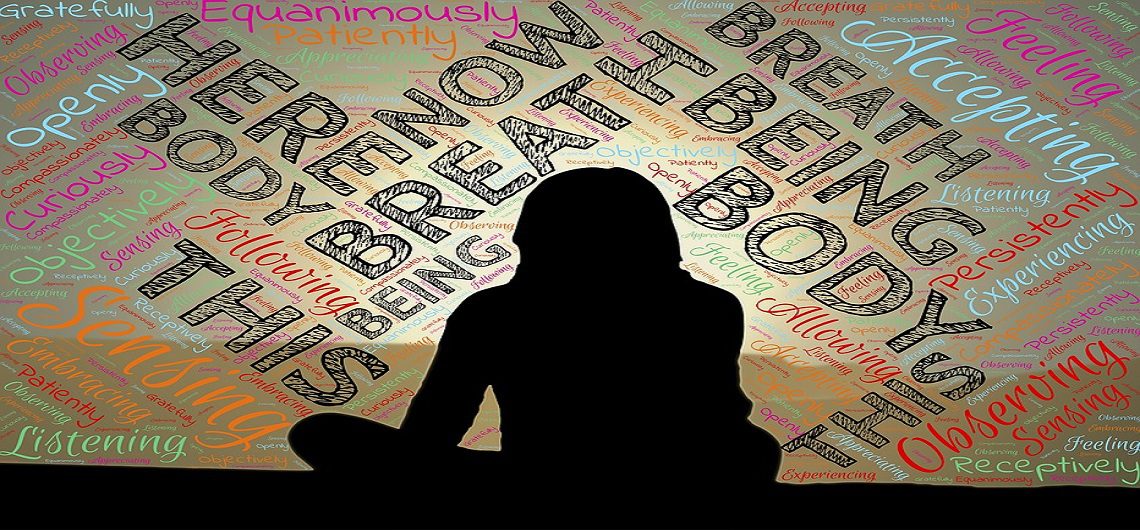by Nicole Paulie, Psychologist and Co-Founder of MyMoodandMe
Mindfulness… it’s a word you probably hear a lot, but do you know what mindfulness is? To explain it, let’s start off by talking about what the opposite of mindfulness, which is being on automatic pilot.
Automatic Pilot
When we’re on auto-pilot, we aren’t really thinking about or noticing what we’re doing. This tends to happen when we’re doing activities that are repetitive and don’t require new learning or attention. This would include activities like eating or walking. For most of us, eating or walking does not require additional attention. If you stopped to think about everything that goes into eating or walking, think about how tiring and time consuming that would be. Noticing what muscles you’re using in your face to chew, what’s happening with your tongue, if the texture changes how difficult it is for you to chew, etc.
Being on automatic pilot isn’t necessarily a bad thing. Being on automatic pilot can help preserve your mental energy, and allow you to use that mental energy to pay attention to things in your environment; to see the big picture. However, when we’re on autopilot, it can leave us with a tendency to stay stuck in our old habits, especially in stressful situations.
Mindfulness
In its simplest form, mindfulness (or meditation) is essentially using all of your attention to focus on one thing. This one thing could be anything from breathing to just noticing your environment, to even focusing all of your attention on a sport or musical instrument. It can be literally anything. The other key part, though, is to focus all of your attention on this one thing in a non-judgmental way.
Mindfulness and Emotions
Emotions are how the body sends messages to us about our environment. The problem is that when we are on autopilot, we do not notice these messages until they are overwhelming. Mindfulness allows us to notice them before they gather force. As Gandhi said,
“Your beliefs become your thoughts
Your thoughts become your words,
Your words become your actions
Your actions become your habits
Your habits become your values
Your values become your destiny”
So you can see how it’s easy to let our thoughts so quickly become our destiny. Using mindfulness, we can learn to identify these thoughts so they can be challenged before they turn into negative self-talk. Just remember, even if you’re not practising mindfulness directly on your thought process, you’re still teaching your brain to be more self-aware.
About the author
Nicole Paulie (Reg. Ps.S.I Psychol.) is a Counselling Psychologist and Co-Founder of MyMoodandMe, an online corporate wellness programme aimed at helping employees to Move, Nourish and Inspire.











































